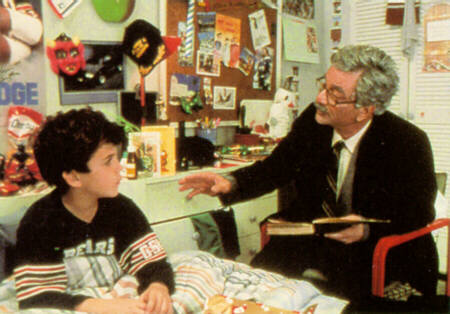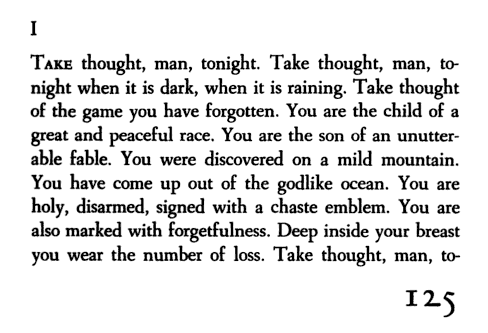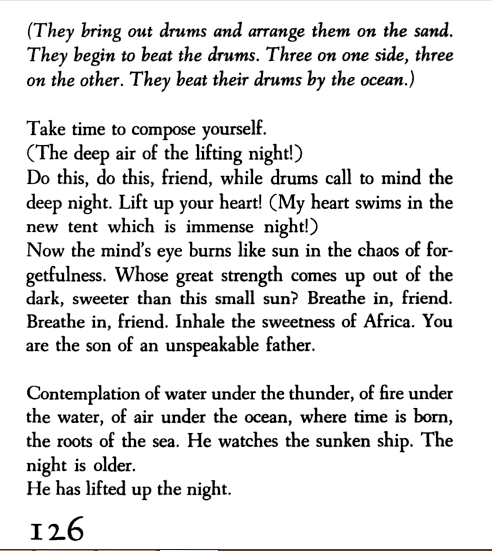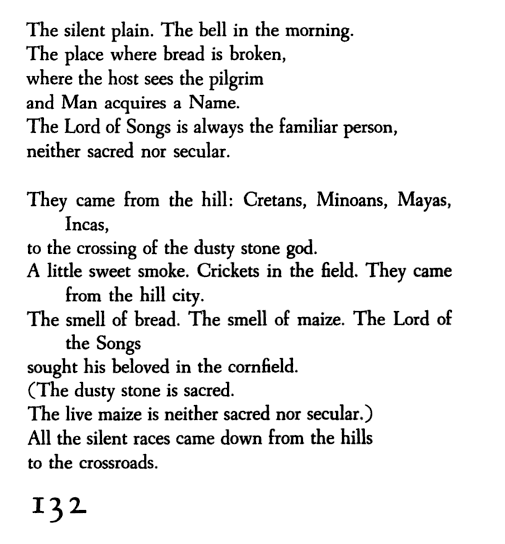
My tablet arrived in the mail yesterday afternoon. Eileen left for Muskegon to visit her sister Nancy and her Mom. She was too ill to attend the annual Hatch Mother’s day meal so she wanted to make up for this absence and also wanted to help Nancy mess with the loom she loaned her.

I marked time anticipating the Fed Ex guy delivering my tablet. I threw open the sheer curtains on the porch and in the living room so I wouldn’t miss him while I treadmilled. He arrived after lunch.
I immediately opened it up and obediently plugged it in to finish charging it as per the enclosed instructions (Do not use until fully charged).

In the meantime, I got online and purchased another silly book for my Mom using her credit card. Then I went to the library and turned in her old books and found a few new ones. I supplemented these with a couple of books I ordered for her online and dropped them all off.

I also picked up a hard copy of Our Kind of Traitor by John Le Carré. I ripped the audio book from the library copy and have been listening to it at night. Unfortunately since I fall asleep I have been getting the plot a bit confused.

It’s pretty interesting so I began outlining the hard copy of the book this morning to help me keep things straight. I think the audio book might be edited down a bit since I have run across passages I don’t remember. Or maybe I just slept through them.

Some weird serendipity this morning between my Greek and Thomas Merton.
I managed to use my tablet to work on my Greek this morning. My Kindle versions of the second edition look quite good on the tablet App.
This morning I was quite excited because I managed to push my translation for the day up to a quote from Homer: “All strangers are under the protection of Zeus.”
Then this morning, in Merton’s essay “The Early Legend: notes for a cosmic meditation,” I came across this: “the stranger is holy.”
This essay reminded me of Herman Hesse, especially The Glass Bead Game.

It’s kind of a poem narrative about a ritual. The voice of the essay begins with the voice of a holy man.
You get the idea. At the back of Hesse’s The Glass Bead Game, he includes what he calls “lives.” These are supposedly the creation of the main character, Joseph Knecht. They are exercises in meditation and may describe previous lives of Knecht.

Parts of this Merton essay are like this.
Then I ran across this.
“Take time to compose yourself.” On Tuesdays on my Google Calendar I have kept the reminder: “Steve composes himself.” This is to help me to remember to thing about composing each week. Today this probably won’t work since I have a 10 AM meeting at church. But still it’s kind of cool to run across this in Merton.

I am enjoying this collection of essays immensely. They surprise me with the way I can relate to them so intimately. It has to be a combination of being influenced by Merton (and frankly the radical Christ of the New Testament) and coincidence.
My last example of this in this essay is two mantras Merton develops. First:
“I made myself a black man so as not to be one of them.” Merton, The Early Legend
I was shocked when I read this line. I think of myself as an “outsider” who identifies strongly with the weak. Merton repeats this notion several times in the essay.
The second mantra-like notion is found on this page.
“Neither sacred nor secular.” “The Lord of Songs,” “The live maize,” and on the previous page, “the live quail.”
Another little intimate resonance for me since I have difficulty with the distinction of sacred and secular.



